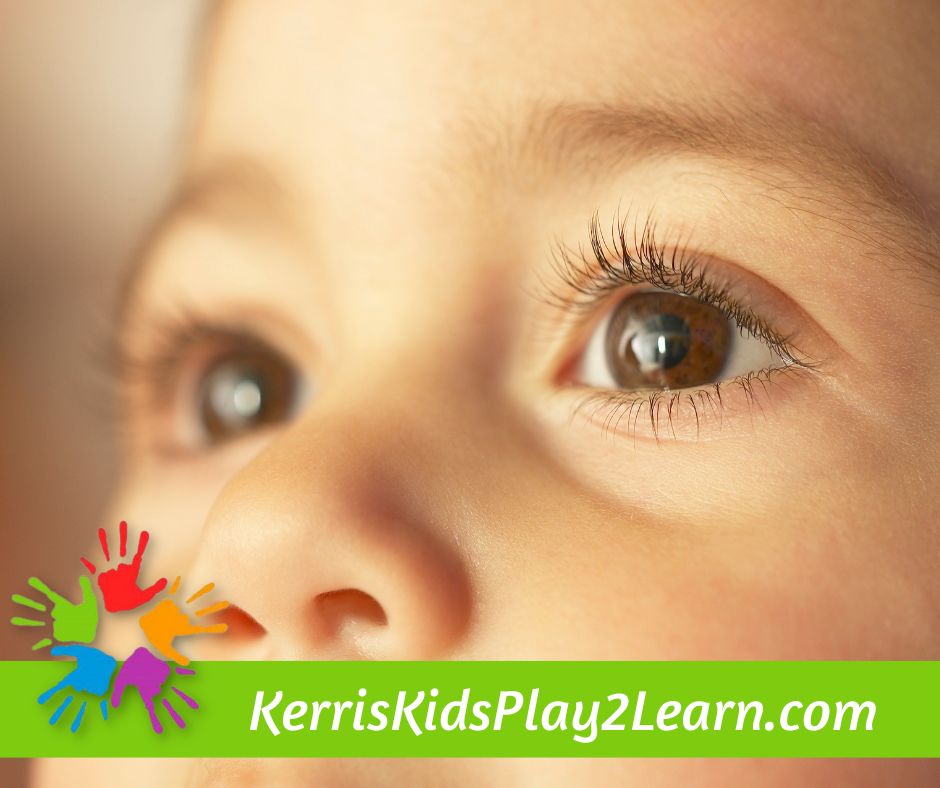I heard this statement once in my early-morning Peloton class, and it resonated with me. As I tried to catch my breath and drink some water, I thought about how play is not something that humans inherently do, like breathing and sneezing. Play is actually a skill.
For some, it comes naturally. For others, especially those with developmental differences, play can be a more challenging skill to learn. And when you add in social peers, play can become a very confusing and overwhelming experience for our little ones.
So, what can we do?
First, we need to accept the fact that play is a learned skill, just like talking, reading, and doing math. We don’t expect our toddlers to start speaking in full sentences out of nowhere – we build on this gradually, one sound and one word at a time. We don’t expect kindergarteners to know how to read – we start by sounding out letters and slowly piecing these letters together into words. And we don’t expect our 1st graders to be experts in addition and subtraction. We start with basic math concepts – pattern recognition, counting, and units.
Likewise, the act of play needs to be broken down into small parts and taught through scaffolding, with patience and love.
Many children who come into my playgroups struggle with the various aspects of play. It may be that they don’t know how to play interactively with others yet; it may be that sensory sensitivities are overwhelming their systems; or it may simply be that their version of play looks different than what we expect “play” to look like.
And that’s all okay!
The first step in working on any skill is figuring out a baseline. I use the DIR Floortime model, and I always start with where the child is developmentally. If their play looks like smashing blocks together, I will sit next to them and smash blocks together. Meeting them where they are at, rather than trying to push new skills on them, builds trust and connection. And once that connection is well established, we can move on to skill-building.
I have many tools in my toolkit to encourage and teach play skills to children. For many, music is an excellent gateway to language and participation. During our “Hello” song, we sing while working together to recognize ourselves and our peers in photographs. While we’re doing this, we’re working on sitting next to our peers, taking turns, and language skills. These are all fundamental play skills!
In my playgroups, all interactions start on the floor. I start by putting a few toys out, typically a dog or a cat – something easily identifiable. Then I’ll ask if anyone can help me find the dog. For example, let’s say that Sally picks up the dog. I say in an excited voice, “Sally found the dog, Sally found the dog!”, and then give her a high five. I encourage the other child to give Sally a high-five as well. Now, the kids know the game, and we are working together!
We also work on playing with toys in a functional way. I may pull out a bowl of water and we all pretend to give the dog a bath. I follow the child’s lead, in a productive and skill-building way. I may show them how we can use soap to clean the dog, water to rinse the dog, and a towel to dry the dog. We’re singing and being silly while learning how to play with props!
It’s incredible to see their play skills emerge throughout the playgroups. And most importantly, we are having FUN every step of the way!

